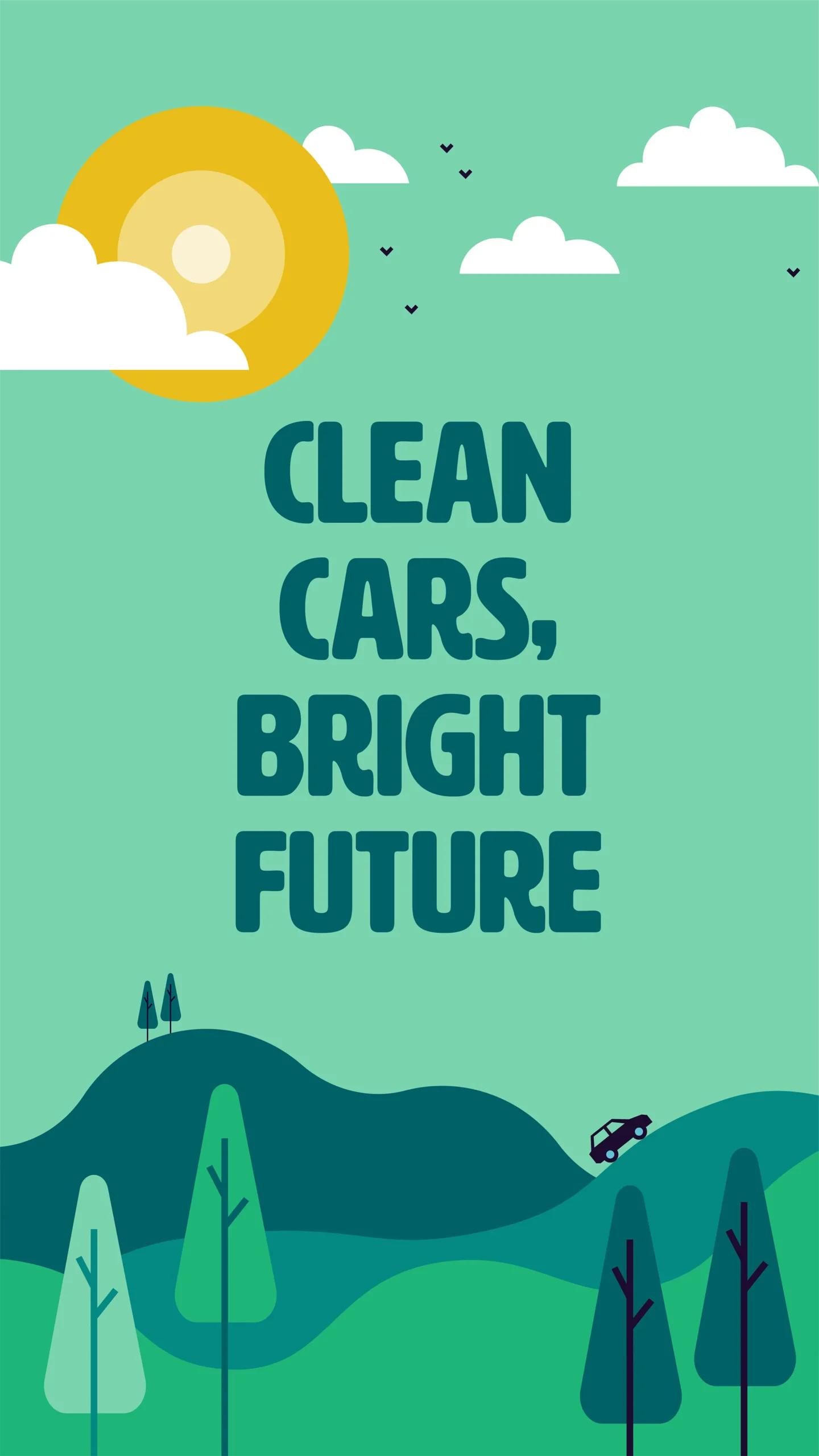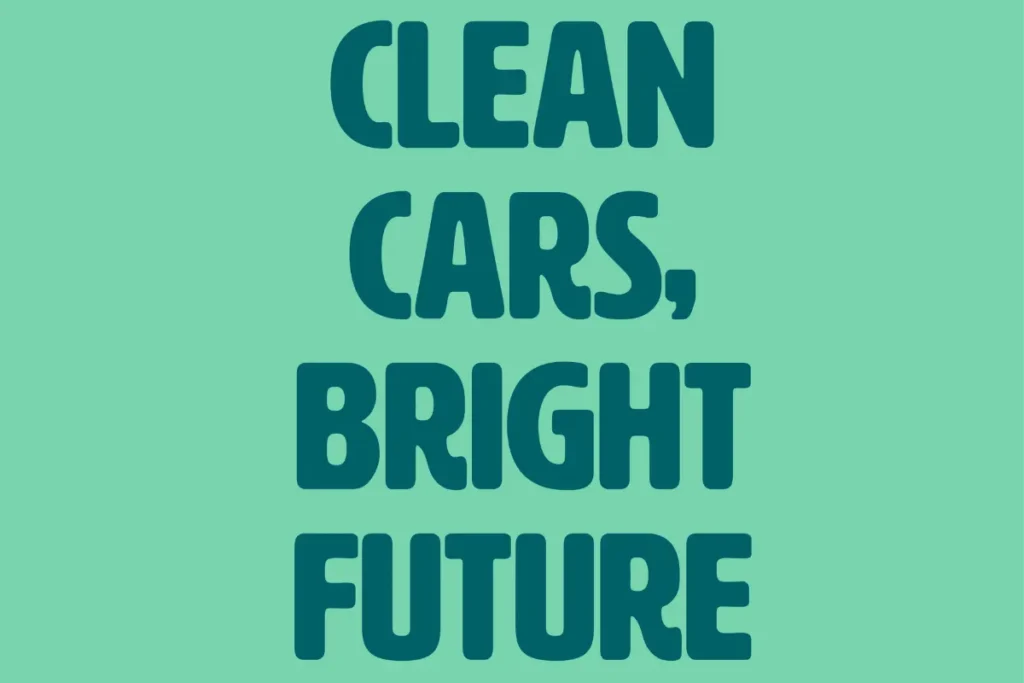 Minnesotans across the state are celebrating after an Administrative Law Judge ruled on Friday, May 7, that the Minnesota Pollution Control Agency’s (MPCA) Clean Cars Minnesota proposal met the requirements of the rulemaking process, clearing the way for Minnesota to become the nation’s 15th clean car state and the first in the Midwest. Minnesota Clean Cars Standards will help re-establish Minnesota as a clean energy, equity, and climate action leader. It also means that we will have greater access to the types of vehicles that are right for rural life while saving us money every day, keeping our air healthy, and protecting the farmland, forests, lakes, and rivers that we love. It’s a win-win-win-win situation for rural communities, economies, and people.
Minnesotans across the state are celebrating after an Administrative Law Judge ruled on Friday, May 7, that the Minnesota Pollution Control Agency’s (MPCA) Clean Cars Minnesota proposal met the requirements of the rulemaking process, clearing the way for Minnesota to become the nation’s 15th clean car state and the first in the Midwest. Minnesota Clean Cars Standards will help re-establish Minnesota as a clean energy, equity, and climate action leader. It also means that we will have greater access to the types of vehicles that are right for rural life while saving us money every day, keeping our air healthy, and protecting the farmland, forests, lakes, and rivers that we love. It’s a win-win-win-win situation for rural communities, economies, and people.
Minnesota Clean Cars Standards will do two things:
- Gas and diesel—internal combustion engine (ICE)—vehicles sold in Minnesota must meet a “low-emissions standard” (the same as the federal standard that was in place from 2012-2020)
- Automakers will need to make more models of electric vehicles (EVs) available for sale in Minnesota.
Also, Minnesota has plenty of time to get ready as the Clean Cars standards don’t go into effect until 2024 (applying to model year 2025 cars, trucks, and SUVs.)
So, what will this mean for the average Minnesotan?
If you are buying a new vehicle, it will mean that you will have more vehicle options that are cheaper to fuel, produce less air and climate pollution, and fit rural needs—whether they are a regular ICE vehicle or an EV. Thus, you can help protect our state’s diverse landscapes and breathe healthier air.
And—just to be clear—you aren’t required to buy a new vehicle or do anything extra. There aren’t vehicle inspections. You aren’t mandated to buy an EV. It doesn’t impact tractors and farm equipment, recreational vehicles, or large trucks.
Why is this a big win for rural Minnesota?
Because we have the most to gain. The joke is that it’s “40 miles to anywhere.” But this is often the reality. We need to drive for work, school, doctor’s appointments, shopping, and socializing. You can’t just ask rural Minnesotans to “drive less.” Now we don’t need to choose between a vehicle that can get through the snow (or pull a trailer or boat or hold the whole family, etc.) vs. a vehicle that’s affordable to drive daily.
We are able to save money every day.
We get real vehicle choice.
We can reduce climate pollution and preserving Minnesota’s natural resources & protecting what we love about the state.
We get to breathe cleaner, healthier air—and this saves lives, even in rural communities.
Read the Administrative Law Judge report approving Minnesota Clean Cars rulemaking.
Learn more about the Minnesota Clean Cars Standards.
Show your support for Minnesota Clean Cars! Celebrate the good news in your local community with a Letter to the Editor. (Contact Anne at CURE to find out more – anne@curemn.org).


